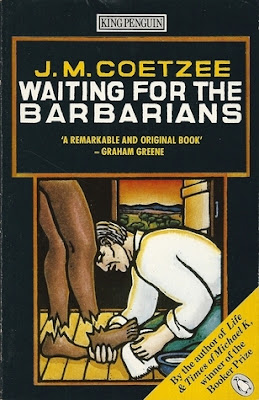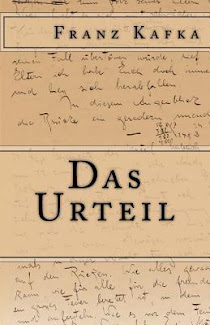Capote, Truman "Breakfast at Tiffany's" - 1958
We read this in our international online book club in March 2025.
I saw the film many, many years ago. I always wanted to read the book, but somehow I never got around to it. Of course, too many books, too little time. Now we have read it in our international online book club.
It really is an excellent book, but unfortunately much too short.
The description of the characters, especially Holly Golightly and the nameless narrator, is excellent. You can feel the relationship between the people, the problems that people had back then. Would the book be written like this today, would the characters still live like this today? Certainly not, but that makes the story even more interesting.
Comments by other readers:
I think the book was interesting and well written, but it was not a great discussion-book. We had much to say about the stereotypical set of characters and her relationship types. But not that much else. I found it very sad anyway.
From the back cover:
"It's New York in the 1940s, where the martinis flow from cocktail hour till breakfast at Tiffany's. And nice girls don't, except, of course, Holly Golightly. Pursued by Mafia gangsters and playboy millionaires, Holly is a fragile eyeful of tawny hair and turned-up nose, a heart-breaker, a perplexer, a traveller, a tease. She is irresponsibly 'top banana in the shock department', and one of the shining flowers of American fiction."

































